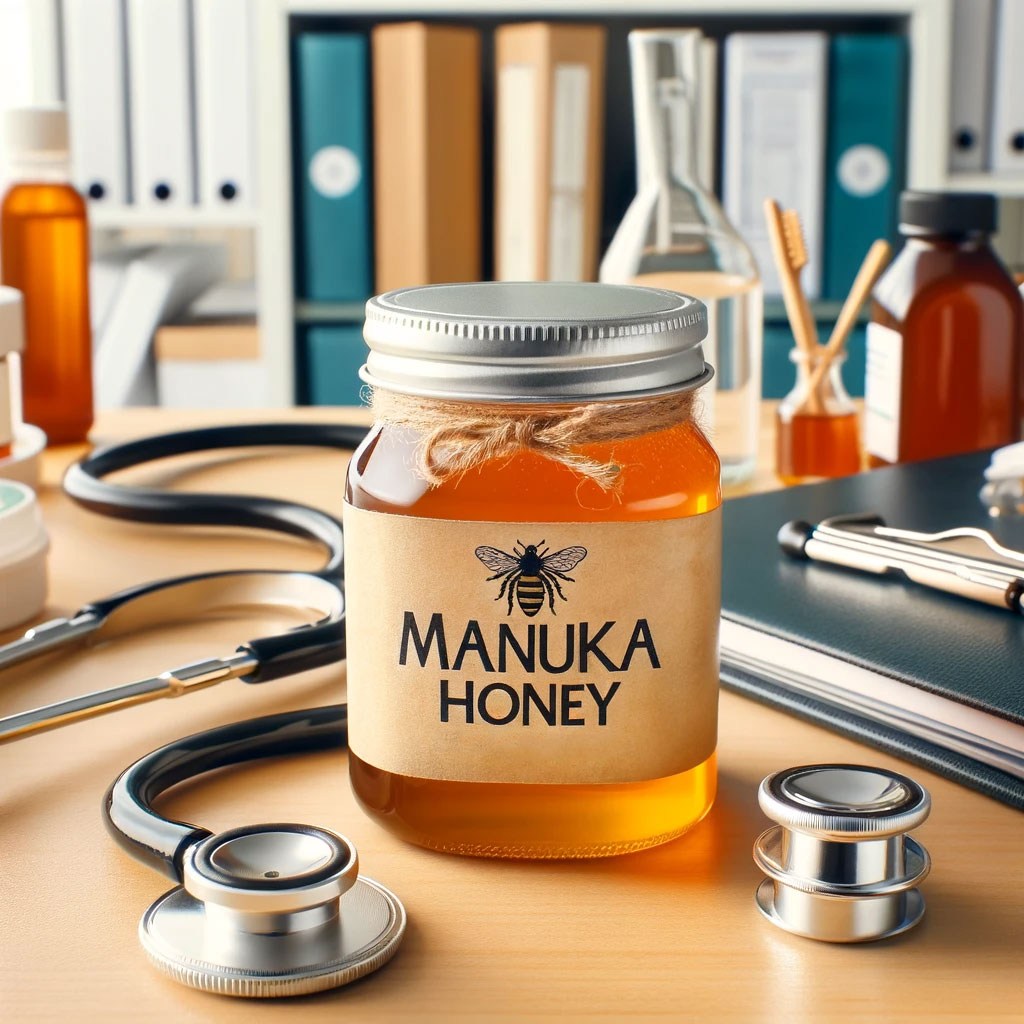Manuka honey has gained popularity in recent years for its potential health benefits. This type of honey is derived from the nectar of the Manuka tree, which is native to New Zealand. It is known for its antibacterial properties and has been used for wound healing and digestive issues. However, recent research has also suggested that Manuka honey may have benefits for heart health.
Key Takeaways
- Manuka honey has high levels of methylglyoxal, which is responsible for many of its health benefits.
- Studies suggest that Manuka honey may have benefits for heart health, including reducing cholesterol levels and improving blood flow to the heart.
- While the research is still in its early stages, incorporating Manuka honey into a heart-healthy diet and lifestyle may be beneficial.
Understanding Manuka Honey
Origins and Production
Manuka honey is a type of honey that is produced in New Zealand and Australia from the nectar of the manuka tree. The manuka tree, also known as Leptospermum scoparium, is native to these regions and has been used for medicinal purposes by the indigenous people for centuries.
The production of manuka honey involves collecting nectar from the flowers of the manuka tree by bees and then processing it into honey. The honey is then harvested and undergoes a unique filtration process that separates it from any impurities.
Unique Properties
Manuka honey is known for its unique properties that distinguish it from other types of honey. It contains a high concentration of a compound called methylglyoxal (MGO), which is responsible for its antibacterial properties.
In addition to its antibacterial properties, manuka honey also has anti-inflammatory and antioxidant properties. These properties make it a potential candidate for use in the treatment of various health conditions, including heart disease.
Manuka Honey and Heart Health
Manuka honey has been gaining popularity in recent years due to its potential health benefits. While much of the research on manuka honey has focused on its antibacterial and wound-healing properties, there is also growing interest in its potential cardiovascular benefits.
Potential Cardiovascular Benefits
Several studies have suggested that manuka honey may have cardioprotective effects. One study published in the Journal of Agricultural and Food Chemistry found that manuka honey can help reduce the risk of heart disease by reducing levels of low-density lipoprotein (LDL) cholesterol, also known as “bad” cholesterol. Another study published in the Journal of Functional Foods found that manuka honey can help improve blood circulation and reduce the risk of blood clots.
Role in Cholesterol Management
Manuka honey may also play a role in managing cholesterol levels. A study published in the Journal of Food Science found that manuka honey can help reduce levels of triglycerides, another type of blood fat that can contribute to heart disease. Additionally, manuka honey has been shown to contain antioxidants that can help protect against oxidative stress, which can damage cells and contribute to the development of heart disease.
Research Insights
Current Studies
Several studies have been conducted to investigate the potential benefits of Manuka honey on heart health. One study found that Manuka honey can improve lipid metabolism, reduce myocardial infarct area, and attenuate cell apoptosis, all of which contribute to improved heart health. Another study suggested that Manuka honey can help regulate blood pressure and restore heartbeats, which are important factors in maintaining a healthy heart.
Future Research Directions
Despite promising results from current studies, more research is needed to fully understand the potential benefits of Manuka honey on heart health. Future studies could focus on investigating the specific mechanisms by which Manuka honey improves heart health, as well as exploring the optimal dosage and frequency of consumption. Additionally, studies could examine the potential interactions between Manuka honey and other medications or supplements commonly used for heart health.



